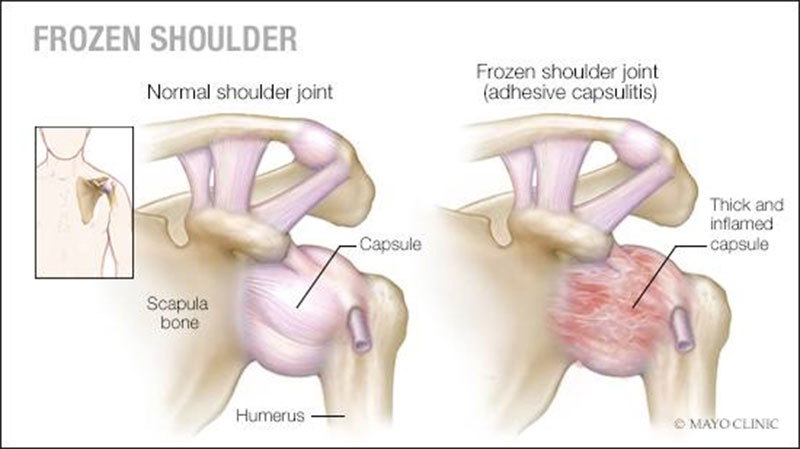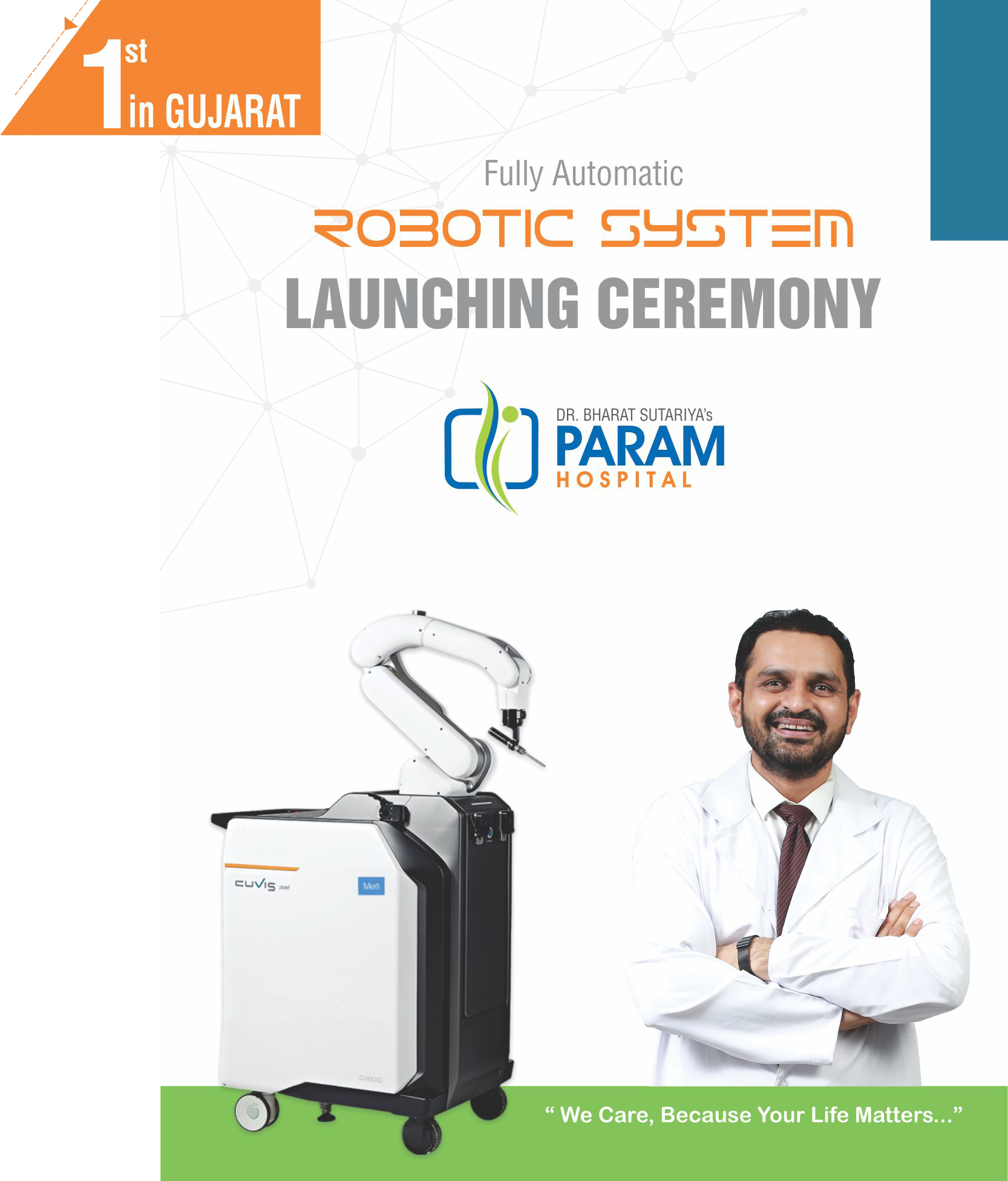
"We Care, Because Your Life Matters..."

"We Care, Because Your Life Matters..."
Firstly, "frozen Shoulder" itself is a misnomer. It means nothing more than a stiff shoulder. The shoulder like every joint has a cover or capsule surrounding it. At times, the shoulder capsule thickens and gets inflamed. This condition is called frozen shoulder or peri arthritis of the shoulder or stiff shoulder.
This is usually a self-limiting condition. Patients with diabetes or Thyroid problem are prone to this problem. When a patient gets this condition, the shoulder is very painful in the initial stages with significant night pain.

On physical examination, shoulder rom is restricted and patients are not able to do routine daily activities involving overhead movements like wearing clothes and combing hair.
If associated with cuff tear or labrum tear mri or usg is advised.
Treatment for frozen shoulder usually includes physical therapy to increase motion and anti-inflammatory medications to reduce pain. In the absence of a tear of the muscle (rotator cuff) or ligaments (labrum) rehab is usually the first choice of treatment. We practice a fairly aggressive rehab programme. At our setup we advise a two-week supervised phase I rehab programme followed by a 4-week phase II home programme. A majority of the patients are cured by this time. If this combination does not improve the condition or pain, the next line of treatment includes oral steroids and/or cortisone injections.
Surgery is usually reserved for the most severe cases of frozen shoulder where arthroscopically the capsule is released with adhesions and joint is made free which is again followed by physiotherapy.
